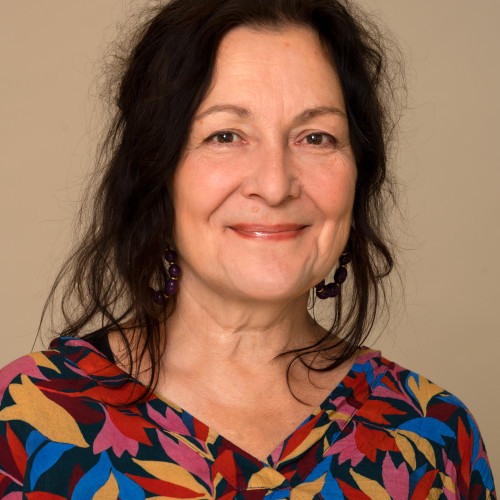Laudatio for Per-Olof H. Wikström, for the ESC European Criminology Award 2024
Dear audience,
It is a great honour to speak to you on behalf of all persons who submitted Professor Wikström’s nomination to the committee and to the executive secretary of the European Society of Criminology, Marcelo Aebi, for this esteemed and well-deserved award. Per-Olof is a renowned scholar not only in Criminology but across multiple fields, including Sociology, Philosophy of Science, Human Geography, Psychology, and Law, just to mention a few.
His contributions to the field of Criminology are so vast that covering them all here would be impossible. But allow me to highlight a few of his most groundbreaking and influential achievements. These accomplishments are not only outstanding individual achievements, they also mean a lot for the field of criminology and for the whole research community in criminology.
Per-Olof’s major contribution is that he integrated two pivotal strands within criminological scholarship: developmental criminology and environmental criminology. The former investigates the onset and progression of a criminal career, also often referred to as life-course criminology, while the latter examines the geographical context of crime and the spatial patterns of, e.g., offenders’ and victims’ residences. The synthesis of these two strands is novel in at least two ways: first, Per-Olof developed an integrative, comprehensive theoretical framework, which has become well-known as Situational Action Theory, and second, he rigorously tested the propositions of this theory in longitudinal empirical studies, in collaboration with many colleagues.
Just note this: in a field where many observers highlight the severe problems caused by theoretical fragmentation, Per-Olof developed an integrative theory, which has been a beacon and applied in various settings all over the world. The importance of this advancement cannot be overstated.
Additionally, it was groundbreaking that Per-Olof designed large-scale empirical research into the social ecology of crime and the interaction between people and places in the explanation of people’s crime propensities as well as the role of morality in their actions. The Peterborough Adolescent and Young Adult Development Study (PADS+) is a milestone and one of the largest and most successful longitudinal studies of crime undertaken in the UK. It has been replicated across many research sites and settings. Social Science, in general, and Criminology, in particular, need comparative research to further develop theoretical arguments and to accumulate knowledge through the falsification of hypotheses. Per-Olof created a benchmark, and this study serves as an example, setting standards for others to follow.
The cooperation with so many others was a result and a demonstration of Per-Olof’s tremendous and great abilities to be an integrator, a connector, and an inspirer. He worked together with numerous researchers at numerous places.
Let me also highlight that Per-Olof’s impact was evident from the very start of his career; his contributions were groundbreaking even in its early stages as can be attested by works such as Patterns of Crime in a Birth Cohort, 1987, Age and Crime in a Stockholm Cohort, 1990, Urban Crime, Criminals, and Victims, 1991, or Everyday Violence in Contemporary Sweden, 1985.
Finally, Per-Olof’s highly original contributions are widespread and internationally acknowledged, which is demonstrated by the fact that he has been an elected Fellow of both the American Society of Criminology and the British Academy, was the recipient of the 2016 Stockholm Prize in Criminology and received the Beccaria Medal. He was also a founding member of the European Society of Criminology, served on the Board of the Scandinavian Research Council and of the National Science Foundation Consortium of Violence, as well as on the editorial boards of some of the field’s most significant publications.
It’s now time that we thank Per-Olof and honour him with the Award of the European Society of Criminology!
Congratulations!
